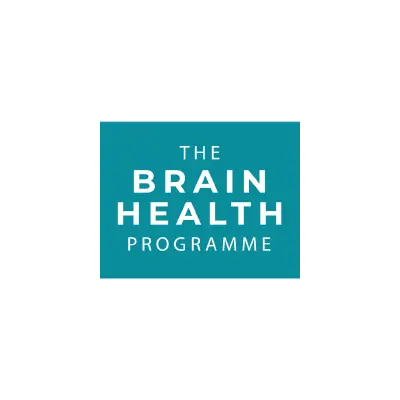Nutritional Therapy

How can nutrition help me?
Most people can benefit from having a nutritionist, and there are many reasons for considering using one:
- Less confusion With so many conflicting messages about healthy eating, a nutritionist can help sort through what applies to the individual, giving you confidence to pursue a healthily eating plan for you.
- Weight loss People wanting to lose weight can also turn to a nutritionist to help them change their habits and become healthier, step-by-step.
- Diet-related illnesses E.g. diabetes or irritable bowel syndrome, where nutrition can help control and manage the illness by knowing what kind of food is good, and what isn’t
- People recovering from a long-term illness often use a nutritionist as part of the rehabilitation process, building up their fitness in manageable steps
- Stress causes extra demand on nutritional needs, and can lead to deficiencies of the nutrients most needed to manage.
- Planning With increasingly busy lifestyles, a nutritionist takes the hard work out of planning meals and fitting in exercising
- Food allergies Those who have specific food allergies or follow specific diets can seek advice on making sure the body is getting all the nutrients it needs
So whether it’s for a specific reason, or just to help stay fit, healthy and confident, a nutritionist can be invaluable to anyone and everyone.
Personalised Nutrition
Why nutritional therapy?
- a professional approach can help by taking the guesswork out, and give better results more quickly.
- help you to make sense of how food affects you; to empower you to make informed choices to support your health and wellbeing
- identifying a diet that can support your health; what to include and what to avoid.
NutrI eat a healthy diet; how can nutrition help?
Nutrition is about what you eat as well as what you don’t eat. It is also about how your body can make use of the nutrients, through digestion and assimilation of nutrients. Stress, toxins & air pollution, genetic predispositions, life stage, illness, antibiotics and more can also have a profound effect on health. The body can become out of balance, and may need the right support to find its way back to health.
The aim of Nutritional therapy is to restore balance to promote self healing, and with it usually a greater sense of wellbeing.
What will happen during the sessions?
Before the first session, you will be asked to complete a Nutritional Therapy Questionnaire (NTQ), detailing your diet, lifestyle, and any health problems you may have.
For me to develop a nutritional plan with you, I need to get a full picture of how your body is functioning. This includes the digestive system The endocrine (hormonal) system, the detoxification and elimination system , the immune system, the elimination system and the microbiome.
During the first session we will discuss these aspects of your health, going in greater detail. an Asyra reading (link) will further inform the plan to suit your specific needs.
I will then make some recommendations that can be carried out more or less straight away, and, if needs be, suggest some supplements. I will also work with you to develop a personal plan, to be carried out and monitored long term. It will include meal plans, exercise regimes, supplements, and suggestions of any alternative therapy which may be beneficial.
The subsequent sessions then monitor progress, amending the plan as necessary, and providing motivation and support.
Typically sessions last can last from 50 – 90 minutes, and the initial consultation will always be a longer session.





